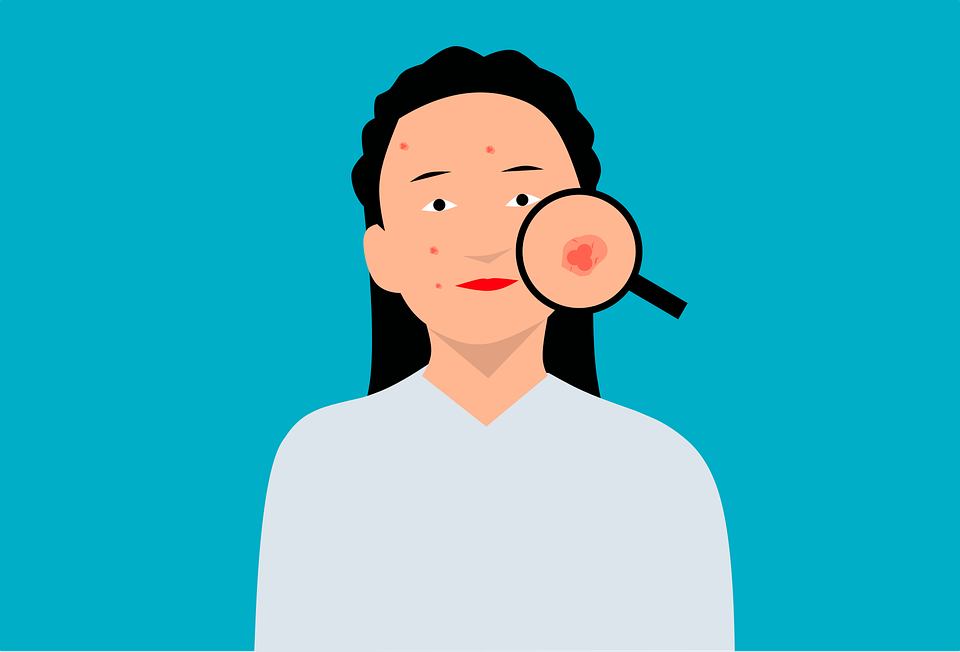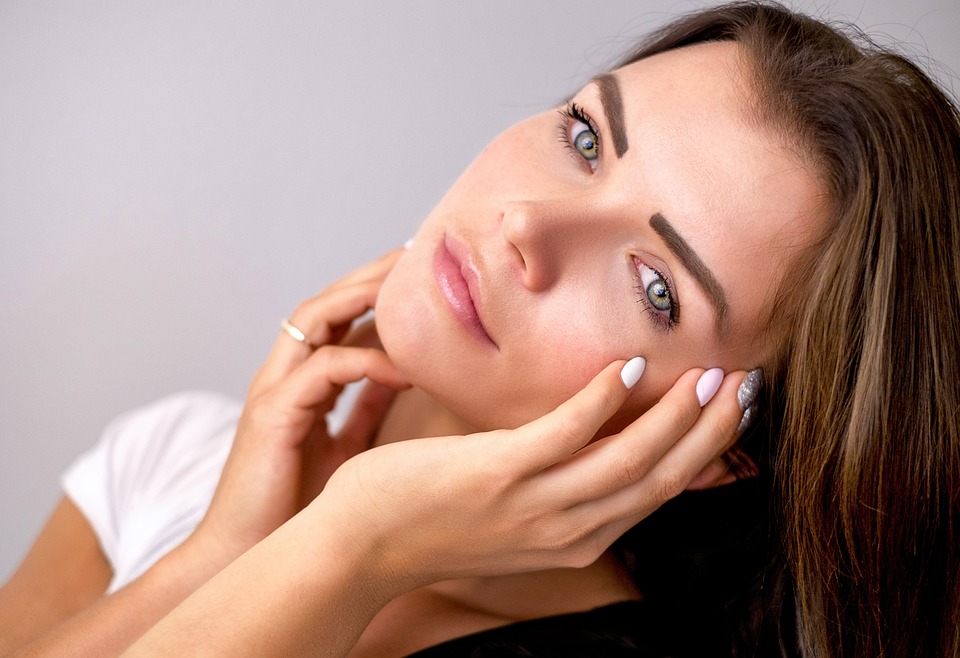Probiotics have been shown to have numerous health benefits, including improved digestion and immune function. But did you know that they can also benefit your skin? Recent research has shown that probiotics can help improve a variety of skin conditions, including acne, eczema, and rosacea. In this guide, we’ll explore the connection between probiotics and skin health, as well as the potential benefits and risks.
The Gut-Skin Connection
The gut and the skin are connected through a complex network of nerves, hormones, and signaling molecules. This connection is known as the gut-skin axis. The gut microbiome, which is made up of trillions of microorganisms that live in the gut, plays a key role in the gut-skin axis.
Research has shown that imbalances in the gut microbiome can contribute to a range of skin issues, including acne, eczema, and rosacea. By promoting a healthy gut microbiome, probiotics can help improve these skin conditions.
How Probiotics Can Improve Skin Conditions
Probiotics can help improve skin conditions by promoting a healthy gut microbiome. Here are some of the potential ways that probiotics can benefit skin health:
Reduced Acne
Several studies have found that probiotics can help reduce the severity of acne. For example, a 2014 study found that a specific strain of probiotics reduced the number of inflammatory lesions in acne-prone individuals.
Improved Eczema and Rosacea
Probiotics can also help improve eczema and rosacea, both of which are inflammatory skin conditions. A 2015 review of 10 studies found that probiotics were effective in reducing symptoms of eczema, while a 2019 review of 26 studies found that probiotics were effective in reducing symptoms of rosacea.
Improved Skin Barrier Function
The skin barrier is an important part of the skin’s defense against external stressors, such as pollution and UV radiation. Probiotics can help improve skin barrier function by promoting the production of ceramides, which are essential for maintaining a healthy skin barrier.
Reduced Inflammation
Inflammation in the body has been linked to a range of skin issues, including acne, eczema, and rosacea. Probiotics can help reduce inflammation in the body by promoting a healthy gut microbiome.
Risks of Probiotics for Skin Health
While probiotics are generally safe for skin health, there are some potential risks to be aware of. These include:
Skin Irritation
In some cases, probiotics can cause skin irritation, such as redness, itching, and rash. If you experience these symptoms after starting a probiotic supplement, talk to your healthcare provider.
Interference with Medications
Probiotics can interact with certain medications, such as antibiotics. If you are taking any medications, talk to your healthcare provider before starting a probiotic supplement.
Choosing the Right Probiotic Supplement for Skin Health
When choosing a probiotic supplement for skin health, there are several factors to consider. Here are some of the most important factors to keep in mind:
Strain Diversity
Different strains of probiotics have different health benefits. Look for a probiotic supplement that contains a variety of strains to ensure that you are getting a range of health benefits.
CFUs
CFUs, or colony-forming units, indicate the number of viable bacteria in a probiotic supplement. Look for a supplement that contains an appropriate amount of CFUs for your age and health needs.
Quality
Look for a probiotic supplement from a reputable manufacturer that uses high-quality ingredients and follows good manufacturing practices.
Delivery Method
Probiotic supplements come in many different forms, including capsules, tablets, and powders. Choose a delivery method that works best for you and is easy to incorporate into your daily routine.
Allergens
If you have any food allergies or sensitivities, make sure to check the ingredients list of the probiotic supplement to ensure that it does not contain any allergens.
Probiotic-Rich Foods for Skin Health
In addition to probiotic supplements, there are many probiotic-rich foods that can benefit skin health. Here are some of the best probiotic-rich foods for skin health:
Yogurt
Yogurt is one of the most well-known probiotic foods. It is made from milk that has been fermented by live cultures of Lactobacillus bulgaricus and Streptococcus thermophilus. Some brands of yogurt also contain additional strains of probiotics, such as Bifidobacterium lactis and Lactobacillus acidophilus.
Kefir
Kefir is a fermented milk drink that is similar to yogurt. It is made by adding kefir grains, which contain a combination of bacteria and yeast, to milk. The fermentation process produces a tangy, slightly carbonated drink that is high in probiotics.
Kimchi
Kimchi is a traditional Korean dish that is made from fermented vegetables, such as cabbage, radishes, and cucumbers. The fermentation process gives kimchi its tangy, spicy flavor and makes it high in probiotics.
Kombucha
Kombucha is a fermented tea drink that is becoming increasingly popular. It is made by adding a culture of bacteria and yeast to sweetened tea and allowing it to ferment for several days.
Conclusion
The gut-skin connection is a fascinating area of research, and it’s becoming increasingly clear that probiotics can play an important role in promoting skin health. Probiotics can help reduce the severity of acne, improve eczema and rosacea, improve skin barrier function, and reduce inflammation in the body. When choosing a probiotic supplement, consider factors such as strain diversity, CFUs, quality, delivery method, and allergens. Incorporating probiotic-rich foods into your diet can also be beneficial for skin health. With the right probiotic supplement and diet, you can help support your skin health and promote a healthy, glowing complexion.






